Ahead of the 2024 Nobel Prize ceremony, laureates expressed concerns over the rapid rise of artificial intelligence, warning it could reach "superintelligence" sooner than expected. They called for stronger regulation to address AI’s risks to society and global inequality.
On December 7, Nobel Prize science laureates raised significant concerns about the future of artificial intelligence during a press conference ahead of the 2024 Nobel Prize ceremony, scheduled for December 10. The experts warned that AI's rapid development could lead to "superintelligence" much sooner than anticipated, urging for more regulation to ensure its safe use.
British-Canadian scientist Geoffrey Hinton, co-recipient of the 2024 Nobel Prize in Physics for his pioneering work on machine learning, shared his thoughts on the fast-approaching possibility of AI reaching "superintelligence"—a level of intelligence that surpasses human capabilities. Hinton emphasized that this could occur within the next 5 to 20 years, a timeframe that he found shorter than expected.
Hinton, often referred to as the "Godfather of AI," also raised concerns about the lack of proper regulation for military uses of AI, particularly autonomous weapons, urging governments to take stronger action to address these risks.
Demis Hassabis, a Nobel Chemistry laureate jointly recognized for his groundbreaking work in using AI to predict protein structures, echoed Hinton’s concerns. While acknowledging the vast potential of AI to solve critical challenges such as disease and climate change, Hassabis stressed the importance of developing regulations that evolve alongside the rapid advancements in AI technology. He emphasized that nimble, adaptive regulations are necessary to keep pace with AI's swift development.
Nobel Economic Sciences Laureate Daron Acemoglu also joined the conversation, discussing the potential impact of AI on global inequality. While recognizing the benefits AI could bring to developing countries, Acemoglu criticized the concentration of AI control in the hands of a few powerful entities. He warned that this concentration of power could exacerbate economic disparities between rich and poor nations.
As artificial intelligence continues to advance at an unprecedented rate, the Nobel laureates emphasized the need for timely and effective regulation. Their combined concerns point to the growing importance of managing the risks associated with AI while harnessing its benefits for the greater good.
Read next
02:20
Polish President Andrzej Duda called for a stronger U.S. presence in Poland and Central Europe during a meeting with Donald Trump in Washington. Trump, however, assured Duda of U.S. support, saying Poland is a credible ally.
00:15
A knife attack in Mulhouse has left one person dead and three injured. France’s Interior Minister says migration issues played a role in the incident.
21:30
NATO
BERLIN, Feb 22 (Reuters) - NATO is planning to build a pipeline system from Germany to Poland and the Czech Republic to ensure a rapid supply of jet fuel for fighter aircraft in the event of a war with Russia, weekly German magazine Der Spiegel reported.
21:02
Catholic faithful gathered in Vatican City on Saturday (February 22) to pray for Pope Francis as he continues receiving treatment for double pneumonia. Concerns over his health persist, though doctors assure there is no immediate life-threatening risk.
17:30
OpenAI
San Francisco, CA, February 17, 2025 – OpenAI announced on Friday that its AI agent, Operator, is now available for ChatGPT Pro subscribers in a broader range of countries, including Australia, Brazil, Canada, India, Japan, Singapore, South Korea, and the United Kingdom, among others.


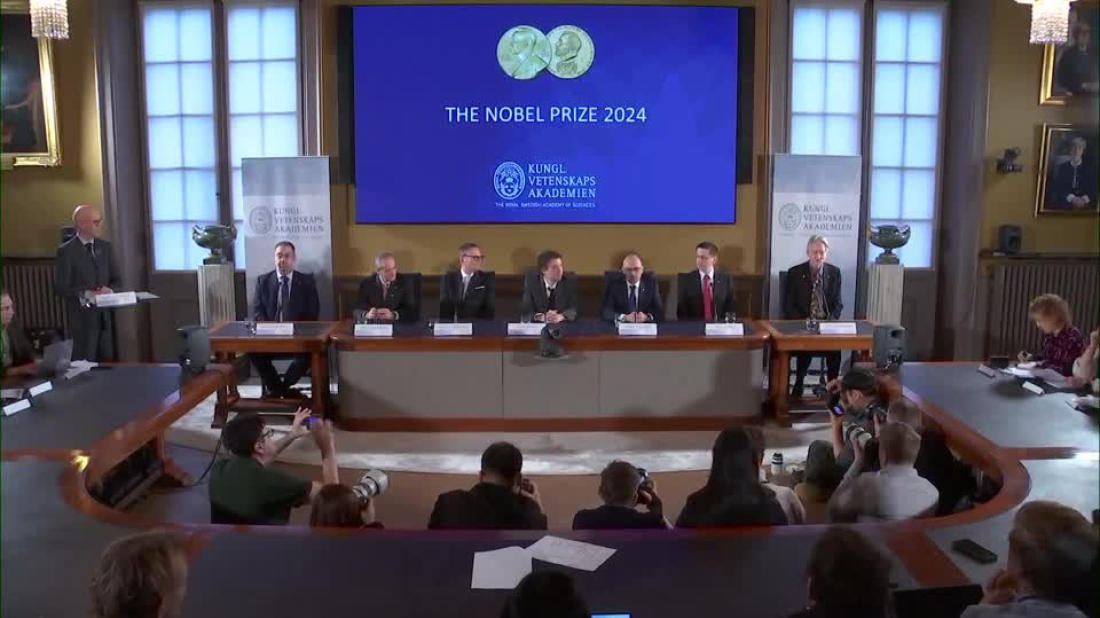
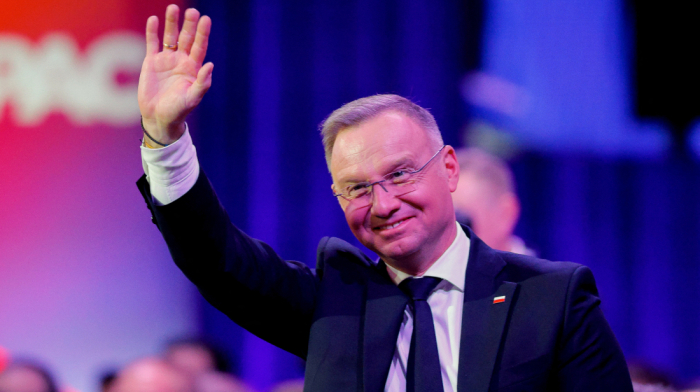

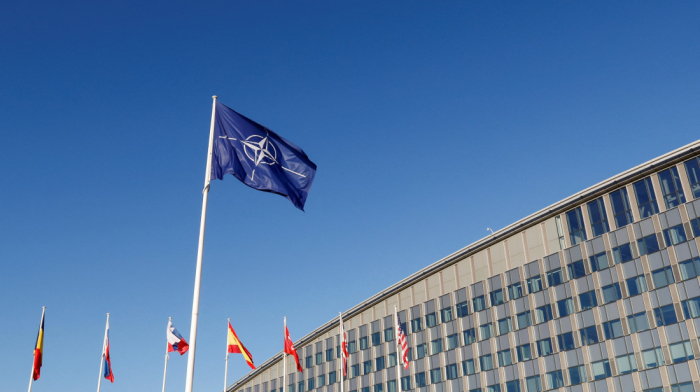

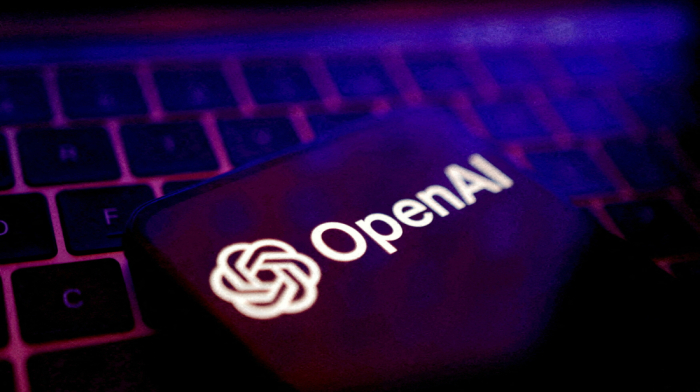
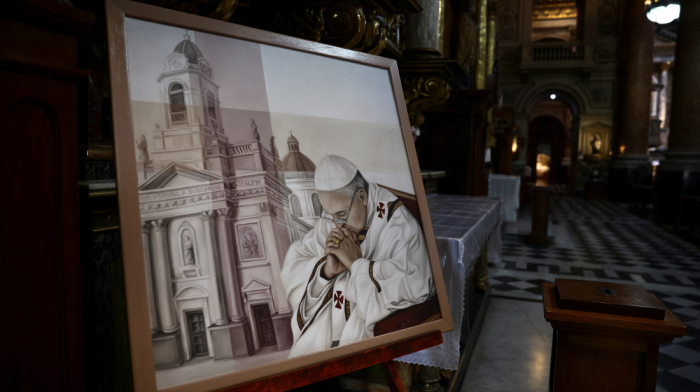



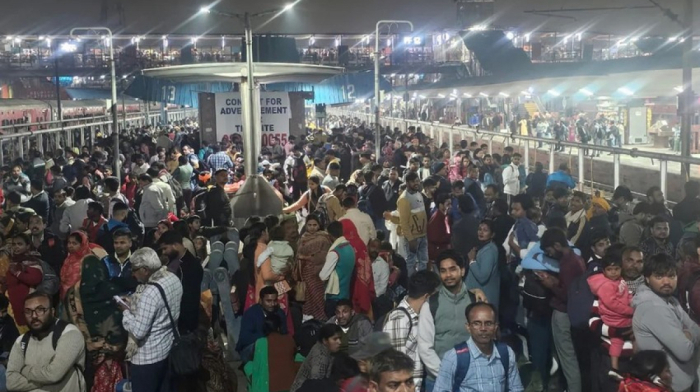
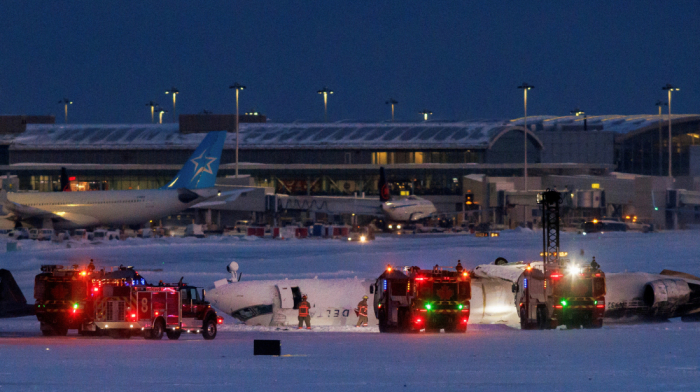
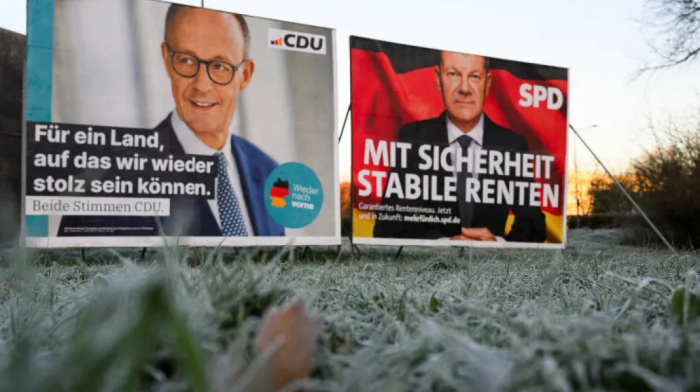
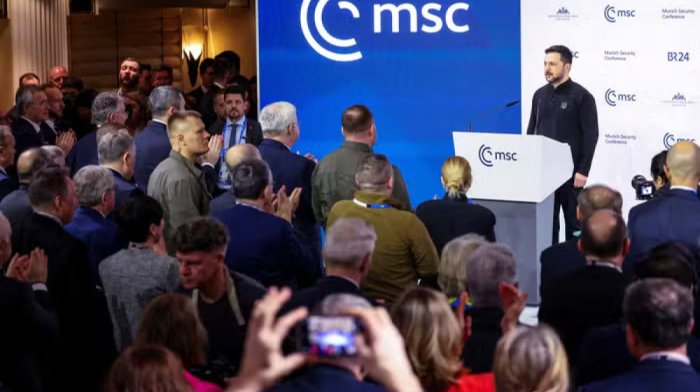
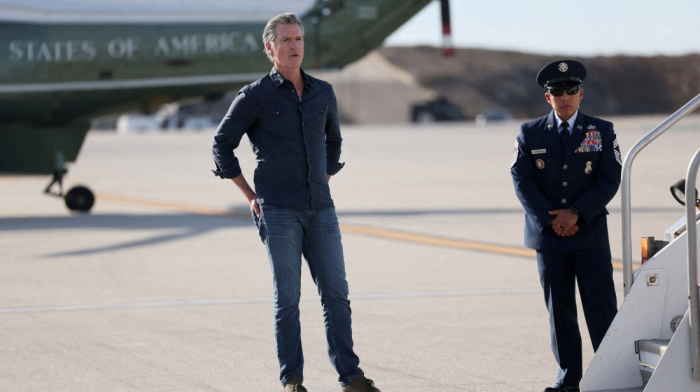

What is your opinion on this topic?
Leave the first comment